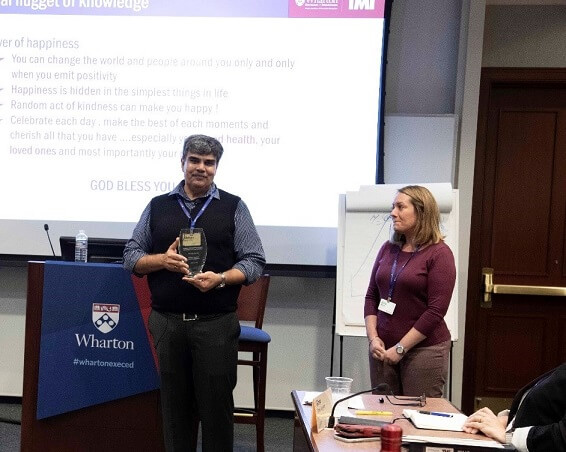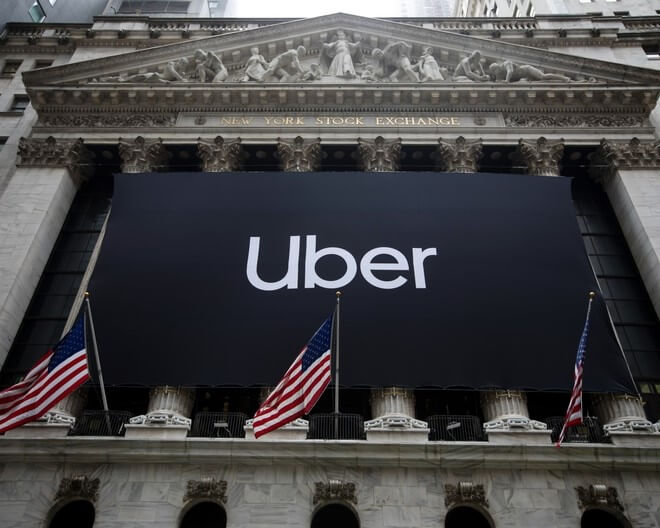
Violence in the U.S. fast-food places seems to have gone up. These fast-food places include full-service, sitdown, limited-service restaurants, delis, and pizza parlors. 14, 23, and 15 homicides in 2014, 2016 and 2017 were reported respectively at limited-service restaurants, while full-service restaurants witnessed 16 and 21 deaths in 2014 and 2017, the Bureau of Labor Statistics reports.

Washington State Supreme Court has ruled it illegal to refuse to hire obese applicants if otherwise, they are qualified for the job they have applied for. Weight is not listed as a protected category under Title VII of the federal Civil Rights Act and federal courts do not consider obesity a disability under the Americans with Disabilities Act (ADA). Few states, however, have taken the lead and are protecting employees against discrimination in employment.

To boost its employee appeal, International Business Machines has fired around 100,000 employees in the last few years. Several lawsuits have followed the technology giant’s decision. Its employee count has fallen by 19% since 2013 and at the end of 2018, the company employed 350,600 global workers.

A new PayScale report has indicated that sponsorships can help close the wage gap for black and Hispanic women. The report highlighted the discrimination in sponsorships and said white males inadvertently sponsor white males and, males with sponsorship from other males receive higher pay from their employers.

A cohort of 35 HR leaders from more than 20 countries completed their Fellow of Talent Management program at The Wharton School last week. Widely recognized as perhaps the most elite program in Talent Management today for senior Talent professionals and CHROs, the program is co-curated by Wharton and Talent Management Institute (TMI), the renowned Talent Management standards and credentialing body. The Fellow of Talent Management program packs in multiple stages of learning, including Wharton Online as well as residential masterclasses at The Wharton School. The alumni of the past batches on the program are HR and Talent heads from global organizations like Shell, US Bank, Gartner, PepsiCo, Google, Barclays, Accenture, Prudential Financial, The Coca Cola Company, T-Mobile, Reynolds American, Inc. and more – some of them are nominees and winners of global awards in HR.
The program that just concluded in the Steinberg Center at The Wharton School featured globally renowned business, management, and HR experts including Prof. Peter Cappelli, Prof. Harbir Singh, and Prof. Jonathan Doh. Especially invited external experts included distinguished teachers and researchers like Prof Dishan Kamdar, Vice-Chancellor, Flame University, from India; Michael Arena, Vice President – Talent and Development at Amazon Web Services and Brad Thomas, Founder and President of The HR Impact Group.
The next cohorts of the Fellow Program in Talent Management at Wharton are lined up for August 2019 and November 2019, attracting participants from 26 countries.

Grounding of the Boeing 737 Max has driven Ryanair to plan as many as 900 job cuts. Ryanair’s Michael O’Leary said in a video that the airline has an excess of 500 pilots and 400 cabin crew. The airline has also trimmed its hiring plans for future and O’Leary has revealed that they would need 600 fewer people next summer.

Burger King’s workers in Barcelona get a respite from the chain’s discriminatory policies after a recent ruling from the Catalan authorities. The fast-food giant had prohibited beards, mustaches and stubble earlier. “As a result of the inspection, it has been established that certain company practices laid out in the internal rules infringe the constitutional rights of workers, namely, the right to one’s own image and the right to equal treatment and against sexual discrimination as set out, respectively, in articles 18.1 and 14 of the Spanish constitution” the ruling said.

A recent lawsuit against American airlines alleged that the airline has retaliated against its ground crew workers by penalizing them for sick leaves. The airline has also failed to pay sick leaves at the required rate, refused to allow accrued sick leaves and demanded employees to submit a notice and medical documentation for leaves in advance. This is against NYC Safe and Sick Leave Law.

JPMorgan Chase has partnered with StartupBus for its 5-day entrepreneurship Bootcamp on wheels. 30 entrepreneurs are selected from different cities to compete in the Advancing Black Entrepreneurs StartupBus boot camp. The boot camp is designed to train future black business leaders. Following the lead, few other employers have launched their own boot camps.

A report by Forrester can help organizations prepare their workers to adapt to changes that will arise with automation. The report by the name The Adaptive Workforce Will Drive The Future Of Work gives three components of the adaptable workforce: “burstable”, “horizontal” and “composable”. New expenses will arise and, workplaces need to brace themselves for these changes.

Growing buzz around employee engagement is pushing talent managers to seek better ways of engaging employees. Experts say that workers who feel ownership of their career development feel more engaged and control over their jobs. Worker cooperatives are doing this job particularly well as they enable workers to own the business, share profits and make collective decisions.

Addressing the concerns related to business slow-down, Uber Technologies Inc., the Chief Executive Officer revealed that they are cutting a third of the company’s marketing department globally. The organization will be firing about 400 employees. The reduction in staff represents about 1.6% of Uber workforce world over. The changes in the employment status were sent in a mail to the employees on Monday. The San Francisco-based organization is under pressure from investors for heavy losses.

Citigroup Inc. in the wake of new evidence of industrywide slump is prepared to cut hundreds of jobs across its fixed-income and stock-trading operations in 2019. It includes about 100 jobs in the equities unit that will amount to about 10% of the workforce in the division. The New York-based bank believes that the revenue slump may be more permanent than predicted by the policy moves rattling clients. Also, the new rules have limited lenders and the technology advancements have made it difficult to spread in numerous corners of the market.

Auto-deducting meal breaks may seem a good idea at first glance, however, it can prove to be a costly trap for employers. In a recent such administrative move, organizations like TE Connectivity Networks and Tyco Electronics had to pay about $5 million to California employees who had their half-hour meal periods automatically deducted from their paychecks for seven years. Auto-deduction policies are not illegal but can expose the unfair practices of employers.

The average earning of millionaire women is $2,506,220 versus $2,477,680 for men in the U.S, reports Bloomberg. In 2016, the number of women in the $1 million-plus club was 17,609, increased from 6,597 in 2009. The aggregate wage for the group of $1million-club women has increased three-fold to $44.1 billion from $13.8 billion, in 2016 and 2009 respectively.

A new Fairygodboss survey says men want to support women at their workplace. However, men don’t know how to do it. The survey was conducted among 400 men. Among major reasons, lack of understanding of how to support women at the workplace stood out as the biggest obstacle for men. A small number of women in the workforce is among other obstacles.

A new survey from the University of Colorado Boulder’s Leeds School of Business found that American women are less subject to sexual harassment. However, they are now subject to increasing levels of gender harassment. The survey defines making a sexist remark or displaying sexist material as gender harassment. Impact of sexual harassment on women’s self-esteem and self-doubt too have declined, the survey found.

U.S Equal Employment Opportunity Commission (EEOC) has sued an owner of several McDonald’s restaurants in central Florida. He has been charged for religious discrimination. The lawsuit filed against the owner says he refused to hire a job applicant who would not shave his beard because of his religious beliefs. The job applicant is a practicing Hasidic Jew. He applied for a job as a part-time maintenance worker.

Many organizations don’t know the true cost of the wrong hiring decision, reports Thrivemap. For a company with 500 employees, 5% annual average increase in headcount, and a 15%t turnover rate, a bad hire can cost up to $500,000, the report adds. Further, Thrivemap indicated that difference between a good-fit employee and a bad hire can be as high as 36%.

A Gartner report says only 50% of employees feel confident that their leaders can drive their organizations forward. Contrarily, 50% of leaders, among 2,800 surveyed leaders, feel under-confident themselves. Instead of focusing on leadership models, HR should build an environment based on complementary leadership, wherein the responsibility is shared between leaders with the same skillset, the Gartner report further says.
This website uses cookies to enhance website functionalities and improve your online experience. By browsing this website, you agree to the use of cookies as outlined in our privacy policy .